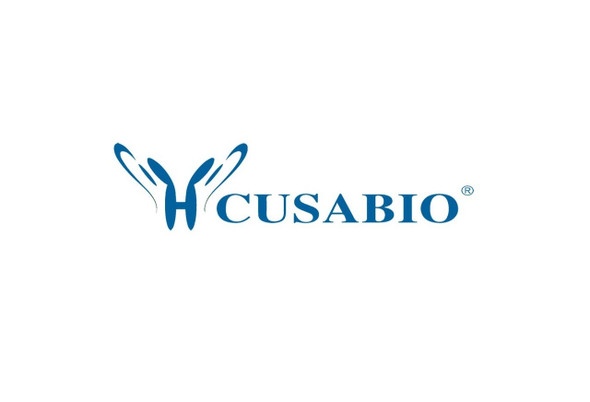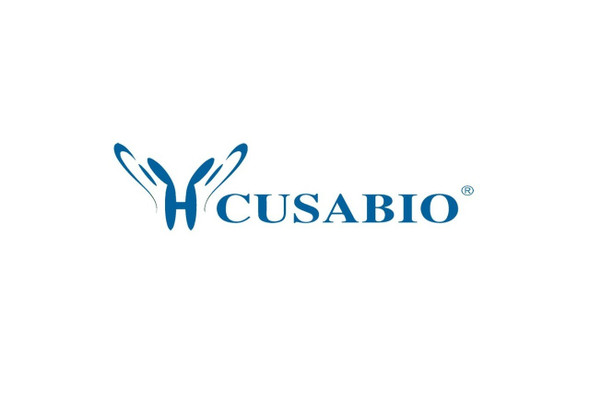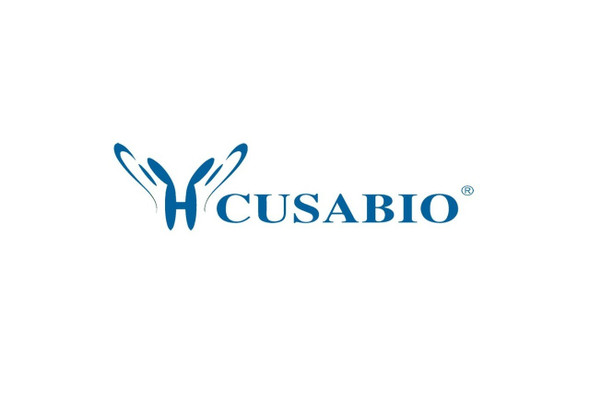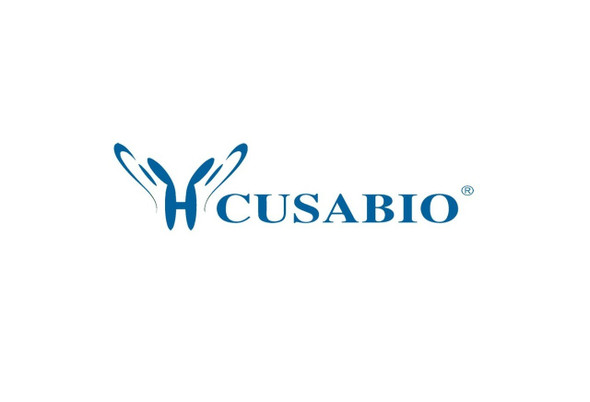Cusabio Polyclonal Antibodies
HIPK1 Antibody, FITC conjugated | CSB-PA803159LC01HU
- SKU:
- CSB-PA803159LC01HU
- Availability:
- 3 to 7 Working Days
Description
HIPK1 Antibody, FITC conjugated | CSB-PA803159LC01HU | Cusabio
HIPK1 Antibody, FITC conjugated is Available at Gentaur Genprice with the fastest delivery.
Online Order Payment is possible or send quotation to info@gentaur.com.
Product Type: Polyclonal Antibody
Target Names: HIPK1
Aliases: Homeodomain-interacting protein kinase 1 (EC 2.7.11.1) (Nuclear body-associated kinase 2), HIPK1, KIAA0630 MYAK NBAK2
Background: Serine/threonine-protein kinase involved in transcription regulation and TNF-mediated cellular apoptosis. Plays a role as a corepressor for homeodomain transcription factors. Phosphorylates DAXX and MYB. Phosphorylates DAXX in response to stress, and mediates its translocation from the nucleus to the cytoplasm. Inactivates MYB transcription factor activity by phosphorylation. Prevents MAP3K5-JNK activation in the absence of TNF. TNF triggers its translocation to the cytoplasm in response to stress stimuli, thus activating nuclear MAP3K5-JNK by derepression and promoting apoptosis. May be involved in anti-oxidative stress responses. Involved in the regulation of eye size, lens formation and retinal lamination during late embryogenesis. Promotes angiogenesis and to be involved in erythroid differentiation. May be involved in malignant squamous cell tumor formation.
Isotype: IgG
Conjugate: FITC
Clonality: Polyclonal
Uniport ID: Q86Z02
Host Species: Rabbit
Species Reactivity: Human
Immunogen: Recombinant Human Homeodomain-interacting protein kinase 1 protein (1007-1151AA)
Immunogen Species: Human
Applications: ELISA
Tested Applications: ELISA
Purification Method: >95%, Protein G purified
Dilution Ratio1:
Dilution Ratio2:
Dilution Ratio3:
Dilution Ratio4:
Dilution Ratio5:
Dilution Ratio6:
Buffer: Preservative: 0.03% Proclin 300
Constituents: 50% Glycerol, 0.01M PBS, pH 7.4
Form: Liquid
Storage: Upon receipt, store at -20°C or -80°C. Avoid repeated freeze.
Initial Research Areas: Signal Transduction
Research Areas: Epigenetics & Nuclear Signaling;Signal transduction






